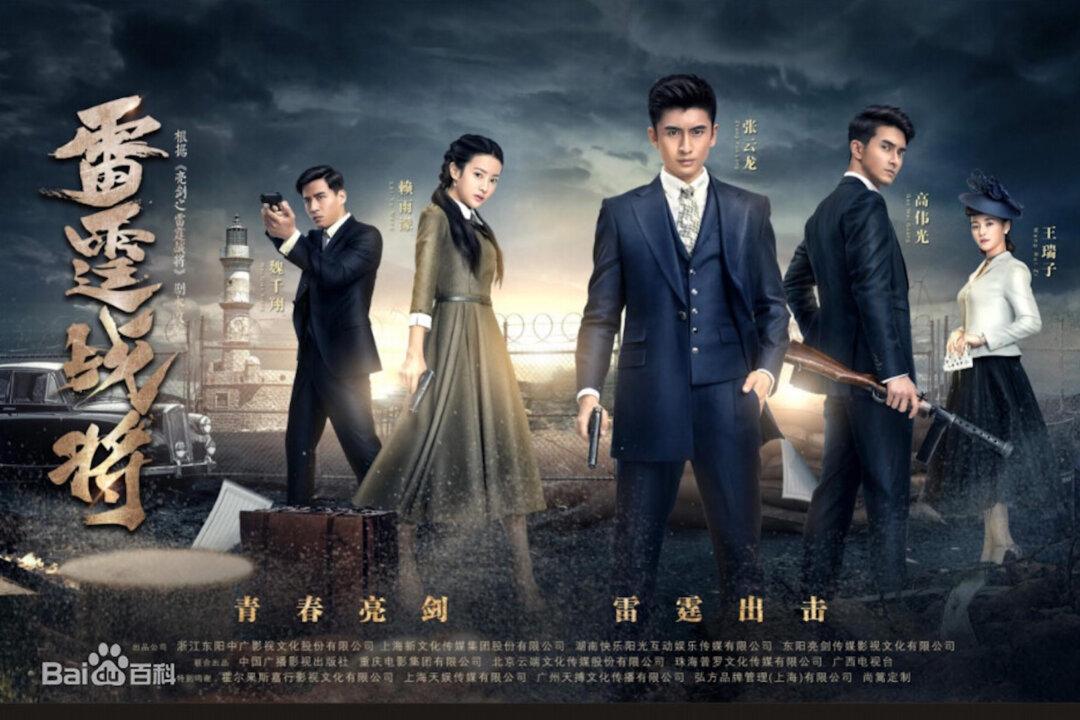An anti-Japanese World War II television series that just started airing this month in mainland China has been flooded with negative audience reviews. A day after state-run media People’s Daily published an article on Nov. 15 criticizing the show, it was suspended and removed from online streaming platforms in China.
The “Thunder Warriors” was specially released to celebrate this year’s 75th anniversary of the end of World War II. During the conflict, Chinese forces fought off Japan’s invasion.




